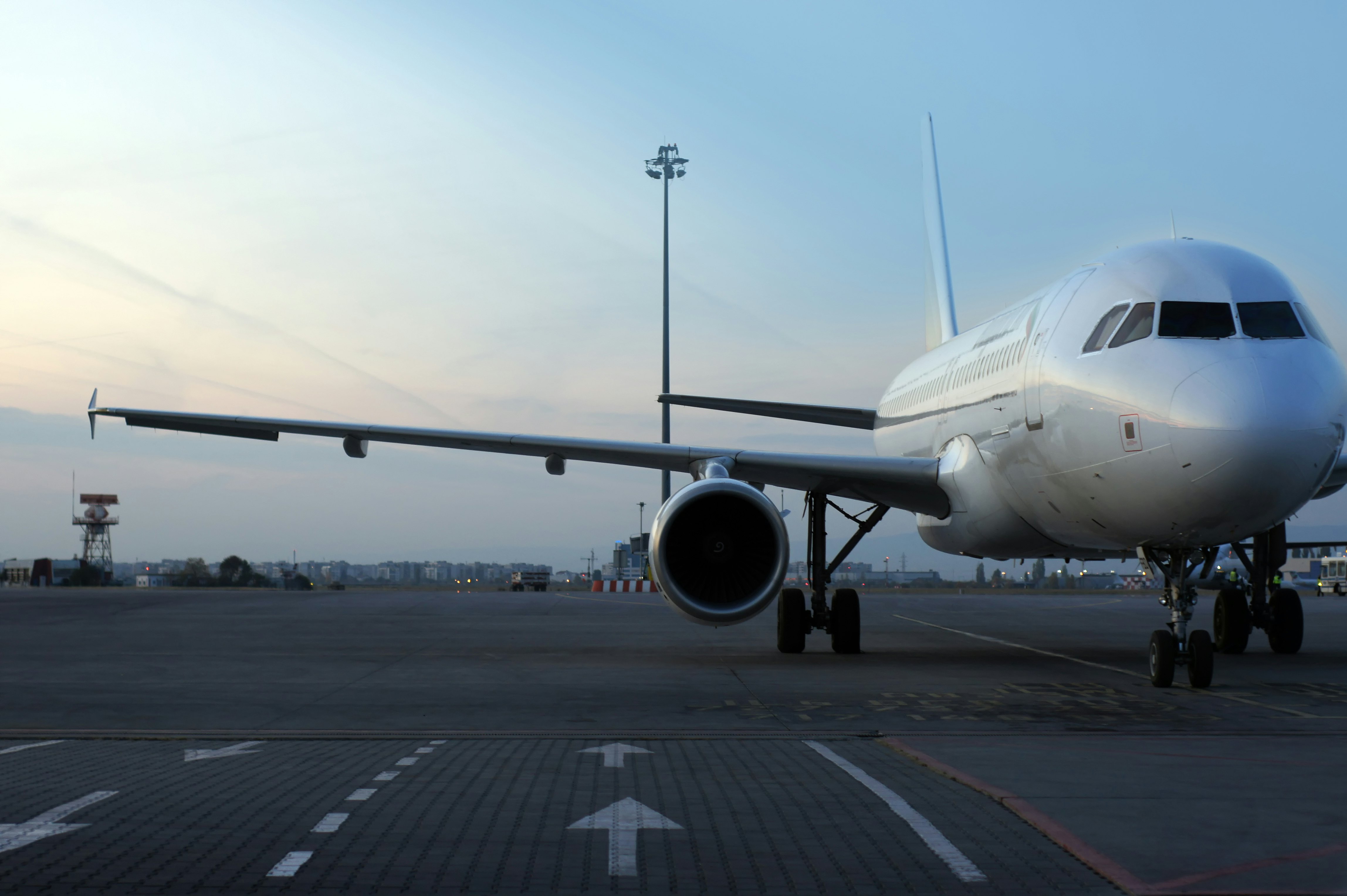
The 30 best countries, cities and regions to visit in 2025

Mar 13, 2020 • 5 min read

Airlines have plans in place if passengers have coronavirus. Witthaya Prasongsin / Getty Images
If you have to travel at the moment, you’re likely worried about what will happen if someone on your plane comes down with the SARS-CoV2 coronavirus that causes the COVID-19 disease. Airlines and ground authorities are, however, prepared for that.
Airlines have plans for if someone falls sick while on the plane, with COVID-19 style symptoms — which the US Centers for Disease Control and Prevention (CDC) highlight as a fever, cough, or shortness of breath. These plans have been created in conjunction with authorities like the CDC and World Health Organization.
Late on Wednesday, a passenger on a jetBlue flight from New York’s JFK to Palm Beach in Florida reportedly learned he was infected with COVID-19 while he was onboard the flight. Astoundingly, according to the New York Post, he boarded the plane while awaiting the results of testing.
As the coronavirus has spread around the world, we’ve seen numerous passengers turn out to have had COVID-19 while travelling, and other passengers have been infected as a result. So what happens if, through no fault of your own, someone on your plane turns out to have been a carrier?
If someone starts showing symptoms on the plane, or indeed if they learn they’re infected and inform the crew, there are CDC recommendations for how crew should respond:
- Minimize contact between passengers and cabin crew and the sick person. If possible, separate the sick person from others (by a distance of 2 meters or 6 feet, ideally) and designate one crew member to serve the sick person. Offer a facemask, if available and if the sick person can tolerate it.
- If a facemask is not available or cannot be tolerated, ask the sick person to cover their mouth and nose with tissues when coughing or sneezing.
The fact that many flights are now relatively emptier should make this sort of inflight isolation easier than in the past. On the aircraft, expect something of a flurry of activity as the cabin crew put their airline’s plans into action. Do try to remain calm: this is a stressful time for everyone.
Once you’ve landed, expect to be told to stay on the plane for quite some time – probably a matter of hours – while the local authorities marshal their resources to keep everyone safe.

What happens next will depend on where the airplane landed. It’s likely that you’ll be directed to self-isolate, or possibly brought to isolation by the authorities at your destination for fourteen days, given the incubation period of this coronavirus. You may or may not be tested for the virus yourself at this stage.
You’ll also likely be given a stack of information and directions on what to do next, including if you yourself start to develop symptoms.
The plane should then be thoroughly deep-cleaned and disinfected with the CDC’s enhanced cleaning procedures.
For the most part, the closer you are to anyone who has the virus, the higher the risk of catching it. The information from the disease control authorities suggests that the SARS-CoV2 coronavirus, like most viruses, spreads from person to person, mostly through droplets when someone talks, coughs or sneezes, usually caught via your nose, mouth or eyes, which are the “mucous membranes”.
This is why the guidance talks about isolation distances of two meters/six feet: that’s about how far droplet spread goes in most cases. This includes invisibly small droplets landing on your hands that you then get in your nose, mouth or eyes when you rub your face. On the plus side, airplane air is a lot dryer than on the ground, and that’s bad news for viruses, which become less infectious as they dry out — which is good news for people.

As you might imagine, your level of risk will depend on how long you’ve been within this sort of droplet spread distance from an infected person. But of course it’s unlikely that the person stayed seated in place for the entire flight, unless it was very short, so the risk is still there for most people on the plane.
So, washing your hands and avoiding touching your face are important everywhere, but particularly on close-quarters public transportation like airplanes.
In the event that someone falls ill with COVID-19 and had travelled by plane during the period when the coronavirus could have been infectious, disease control or other health authorities are likely to start tracing their contacts, including anyone on the same flight.
The authorities will decide whether or not it makes sense for people on the flight to be tested, and that will depend on a number of factors including how close they were sitting to the person known to have COVID-19, whether they themselves are showing symptoms, and so on. Again, this will all likely vary from country to country and even across local authorities, depending on the level of outbreak in their particular area.
Expect to be told to self-isolate at home, and follow all the directions from health authorities if you develop symptoms, which will probably involve calling them in the event that you become symptomatic rather than heading directly to a hospital, your doctor or other medical location.
The novel coronavirus (Covid-19) is now a global pandemic. Find out what this means for travelers.